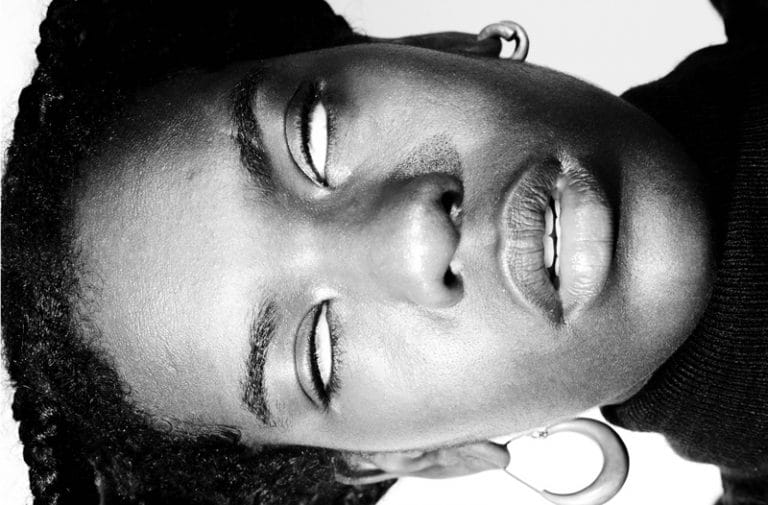Facebook wants your avatar to travel the world for you using new technology
Facebook is working on something special for us—again. You might have never heard of Facebook Reality Labs (FRL), Facebook’s research division exploring the future of social presence, but unlike what the social media giant is mostly known for, such as stealing our data and spamming us with memories, this branch of the company actually seems to be developing a positive project. On Wednesday 25 October, FRL announced that it has been working on a new exciting project: all-day wearable augmented reality (AR) glasses. Previously, the lab worked on Codec Avatars and ultra-realistic reconstructions of real-world spaces to make this new technology possible. So what is so exciting about this alternative version of the Google Glass, which was a failure after all? Facebook’s glasses will combine AR with virtual reality (VR), and possibly reinvent the way we connect and interact with each other (while hopefully not stealing our data, but that’s another story).
Teleportation is not yet attainable, so how exactly is Facebook planning on making us travel the world? By using a hyper-realistic avatar of us and digitally mapping the world out. Recently, FRL has been working on Codec Avatars that were, until now, only based on people’s faces. But, clearly, this was not enough, as the company announced that, “Enabling true social presence requires more than just heads.” Digital and virtual communication through AR and VR, as far as Facebook is concerned, can only be complete once our body language is added on top of words, including our hand gestures and even posture. That’s why, for this project, full-body avatars are being created, and they will look exactly like you and me.
While Facebook has clearly announced that this technology won’t be available as a consumer product anytime soon, it has already imagined a future where people will be able to create and use these ultra-realistic avatars of themselves with just a few pictures from their phone’s cameras. The pictures will then become animated via VR headsets. But any kind of avatar has to live in a world, and in this case, Facebook wants to implement it in a digital version of our world, imitating exactly the way it looks.
That’s where FRL’s second project comes in. In June, the company revealed its latest ultra-realistic 3D models of real-world environments. The simulated environments showed rooms that included subtle details, such as mirror reflections, rug textures, and other features that make our world look realistic. Through a combination of a high-accuracy depth capture system, state-of-the-art Simultaneous Localisation and Mapping (SLAM) technology, and a dense reconstruction system, the Facebook division achieved a high level of fidelity—making this new world almost indissociable from our reality.
While only a few rooms have been digitally recreated for now, Facebook is exploring how it can enable people to recreate their own personal spaces in the near future. This is the closest we could get to teleportation, where anyone could be with their friends and family and spend time inside meaningful places via VR. This project has the potential to enable remote work, remote relationships, as well as giving people the chance to see their own world from their sofa. Until now, VR technology has been used for specific virtual experiences, but never before was it possible to imagine a world where you could travel anywhere you want, even to your parents’ living room.
The many positives that this new technology could bring are evident, and Facebook went as far as stating that it would “have a hugely positive effect on how we live, eliminating commutes and transforming the way we collaborate and create.” And part of it is true, this technology has the ability to connect the whole world.
The future of social interactions is indeed very close to switching from online to AR—something that is well understood in the gaming community already. Staying connected, informed, and in tune with the people and places around you and at a distance—both physically and virtually—sounds promising, but as always, new technologies that come with such big changes to our lifestyles should be apprehended first, and safely implemented secondly. For this to work, Facebook will have to use an enormous amount of data. So please Facebook, work on it with privacy in mind, yeah?






